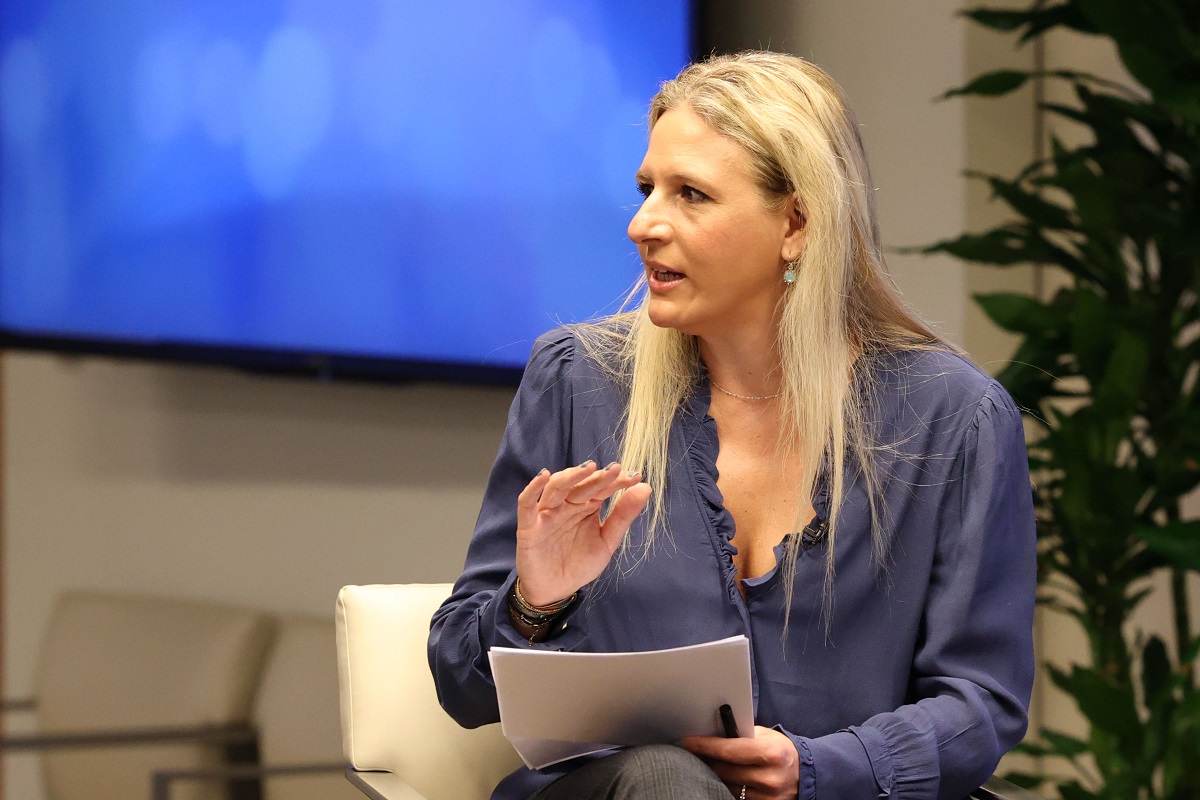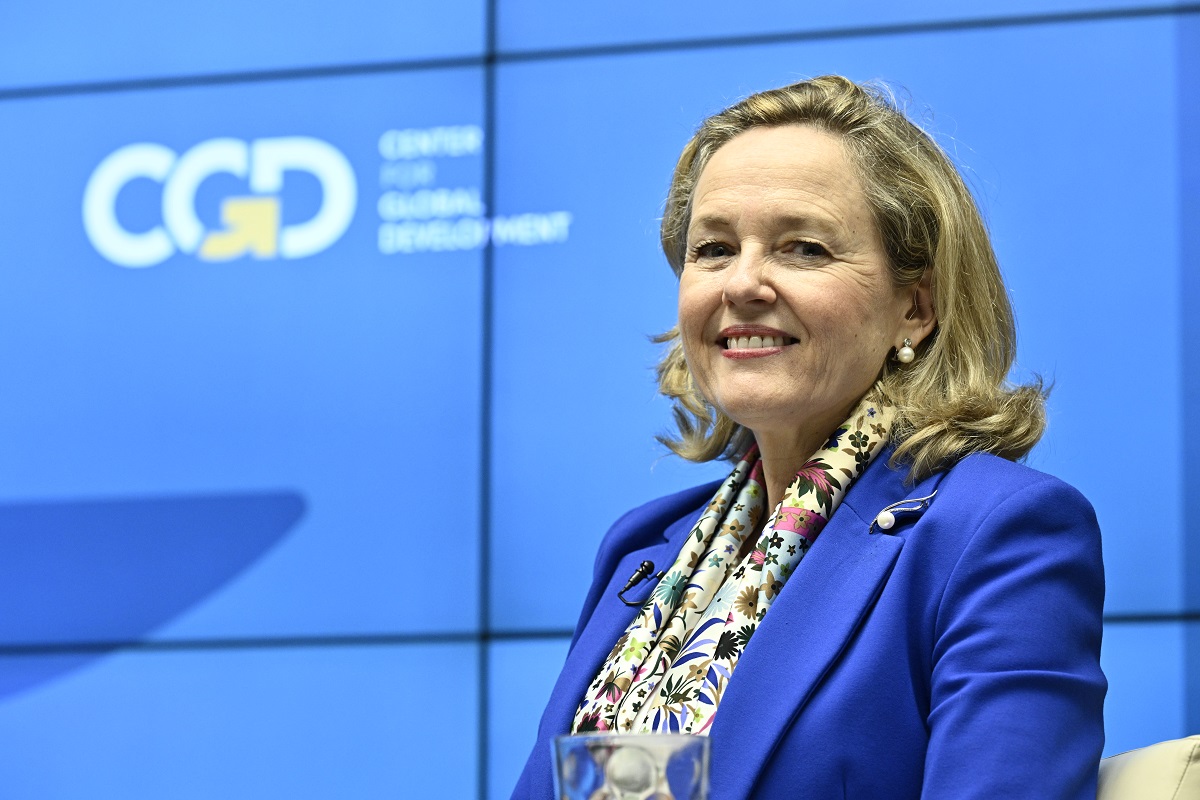July 09, 2008
Once again the G8 has come up tragically short on climate change and a host of urgent problems affecting poor people in developing countries. The good news is that they are at least discussing the right topics. The first Hokkaido G8 document, on the World Economy spills lots of ink on relations between rich and developing economies, including for example, reaffirmation of support for the Extractive Industries Transparency Initiative. The next three policy papers -- Environment and Climate Change, Development and Africa, and Global Food Security -- all address topics that are at the heart of rich world-developing world ties (and, not coincidently, major areas of focus for CGD research and policy work). The bad news is that the G8, representing as it does the interests of the richest societies on the planet, is the wrong forum addressing global problems that touch on well-being of billions of people in the developing world. The lack of legitimacy is evident in the resulting mealy mouthed policy documents.
Nowhere are the shortcomings more obvious than in the climate change document. Headlines blared that the G8 heads of state agreed to a 50 percent reduction in greenhouse gases by 2050 (See, for example, the solid Washington Post story). Never mind that this would be too little, too late to avert catastrophic climate change, including collapse of developing country agricultural productivity (see Global Warming and Agriculture: Impact Estimates by Country). The target is worse than meaningless, since the more than 2,000 word document fails to set a baseline for the promised reductions. (Because emissions are rising fast, the baseline is critical in determining the size of the cuts.)
The paper on Development and Africa included much discussion of the Millennium Development Goals and aid amounts but precious little on what the rich might do to improve aid effectiveness. An extensive sub-section on global health featured a promise to ensure "that disease-specific and health systems approaches are mutually reinforcing and contribute to achieving all of the health MDGs." (Yawn) The health systems rhetoric rehashes an already stale debate. What's needed now is not more rhetoric but better follow-through on promises that private donors and multilateral organizations have already made. The big vertical programs that are set up and funded by the G8 -- the Global Fund and PEPFAR prominent among them -- would be a good place to start.
The food security paper managed to say all the right things about investments in research, opening markets, and seeing the Doha Round of global trade talks through to a successful conclusion. It was of course silent on the travesty of Japan continuing to hold 1.5 million tons in unwanted surplus rice -- and feeding some of it to pigs and chickens -- at a time when the global rice price has doubled since January and children in Asia and Africa go to bed hungry as a result.
Trouble is, the G8 loves to opine on problems that are caused in large part by rich world policies and actions -- but where the resulting costs are mostly paid by poor people in developing countries. Moreover, the world is becoming more complex. On climate and many other issues, the policies and actions of the large emerging market economies are increasingly also a part of the problem. Unless these countries -- emerging giants such as Brazil, China, India, and South Africa -- are also at the table, the discussions and the resulting decisions will be little more then gestures of noblesse oblige.
Perhaps ironically, the foundations for a more suitable grouping of nations to tackle climate change and other shared problems could emerge from the so-called Major Economies meeting that President Bush initiated last year. The grouping perpetuates some late-20th Century post-colonial anomalies -- notably France, Germany, Italy, and Britain enjoy separate representation, rather than the EU speaking with a single voice -- but the group also includes China, Brazil, India, Indonesia, Mexico and South Africa. The 16 major economies in the group account for 80 percent of world greenhouse gas emissions. Not incidentally, they also account for the lion's share of the world's economic activity and population.
Among the people who have thought seriously about alternatives to the current international institutional framework is Kemal Dervis, a former CGD non-resident fellow and now the chief administrator of the UNDP. Kemal's CGD book, A Better Globalization: Legitimacy, Governance, and Reform, sets out interesting ideas for alternative approaches to international decision making, including bodies with "double majorities" -- for example, a simple majority of the countries and a majority as weighted by population and/or economic might. It's time for a vigorous debate on what would be better than the G8.
The first step, however, might be for the NGOs, think tanks and others who work to shape G8 declarations (a game that we at CGD have sometimes played) to step back and admit that the current G8 arrangements are worse than broken and that the results stink. Evidently the G8 itself is ill-equipped to even begin to consider the question of improving global governance. While most of the documents produced for this Summit run to thousands of words, the Group's declaration on International Institutions clocks in at a mere 85.
Disclaimer
CGD blog posts reflect the views of the authors, drawing on prior research and experience in their areas of expertise. CGD is a nonpartisan, independent organization and does not take institutional positions.





